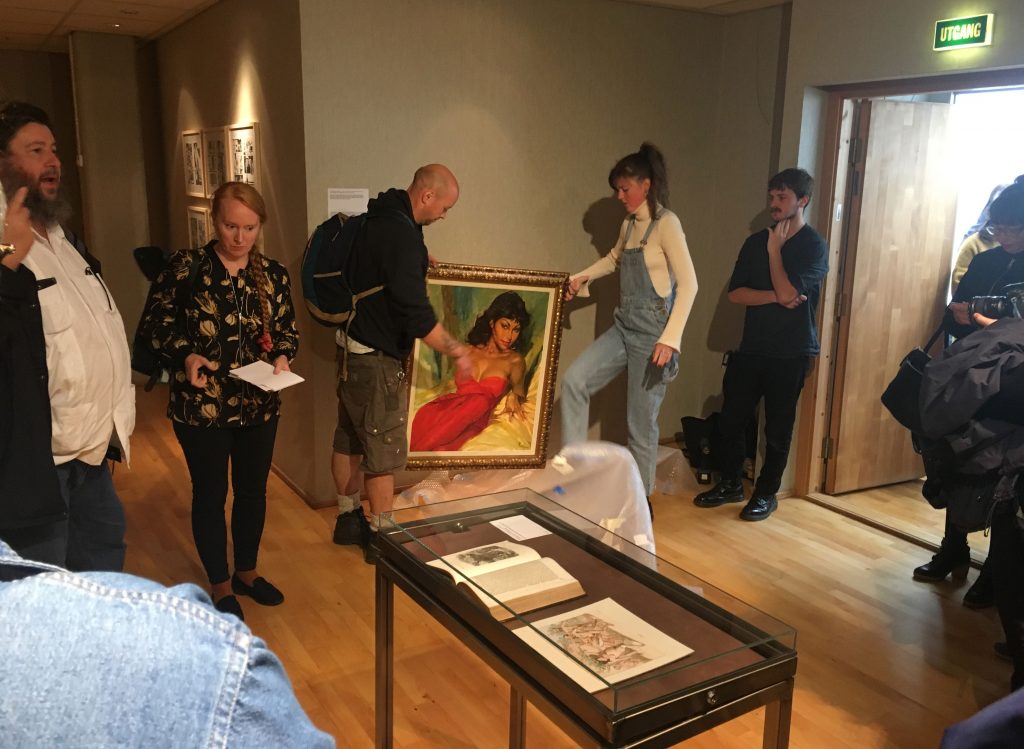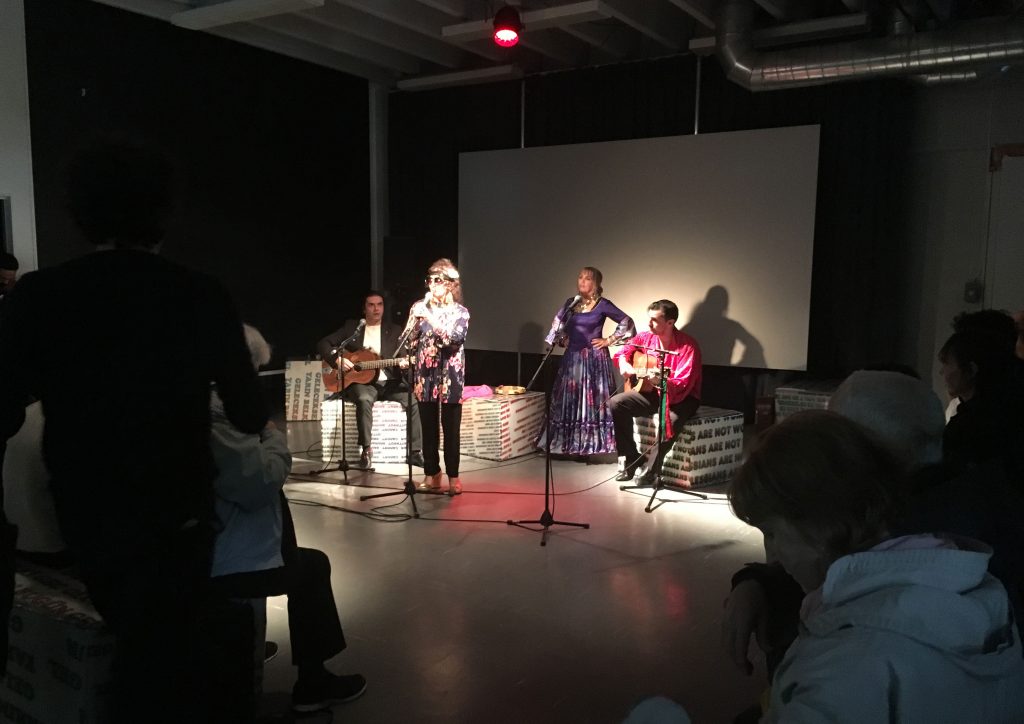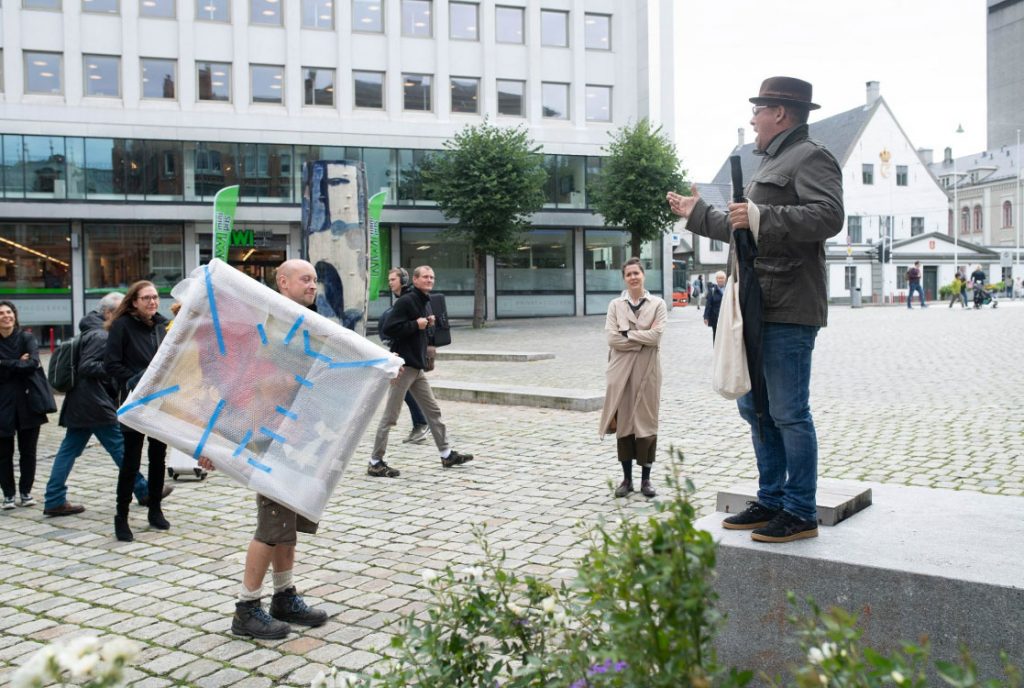political parties / General Assembly
A project by Pedro G. Romero and María García for ‘Actually The Dead Are Not Dead’, Bergen Assembly 2019.
Conveners Hans D. Christ and Iris Dressler in collaboration with Murat Deha Boduroğlu, Banu Cennetoğlu, María García, Hiwa K, Katia Krupennikova, Viktor Neumann, Paul B. Preciado, Pedro G. Romero, Simon Sheikh, and Emma Wolukau-Wanambwa.

When Bergen Assembly invited us to rethink the idea of what an assembly can be, our research focused on Asamblea general (General Assembly), an early 19th century text by Serafín Estébanez Calderón (known as “El Solitario”), which was an intimation of what flamenco would become. The text is an account of a feast, a description of a festive celebration of what was actually a kris: a Rrom assembly, court, or forum of the Andalusian gypsies of Cádiz, Málaga, and Seville, who gathered in Triana to resolve disputes, demarcate areas of influence, establish family ties, get to know each other, reinforce self-government. From there, from the shift implicit in Asamblea general, we embarked on an archaeology of that joint understanding of party and political assembly. Asamblea general itself refers to the genealogy derived from Goya, who was also a key influence of Francisco Lameyer, the illustrator of the text. From that point, exploring fields such as bohemia (Rosario Weiss, Sem[en], Carlos González Ragel), the avant-garde (Helios Gómez, Lümpenball, Federico García Lorca), and the counterculture (Toto Estirado, Ocaña, Mario Maya), right up to the immediate present (PEROU, flo6x8, Israel Galván), we have brought together some instances that express this conjointment of parties and politics in a single gesture. It should be understood that we are not talking about a dialectical pair, but rather a “gay politics”, in the sense of Nietzsche’s gay science, which in its pathos makes no distinction between festive forms and the forms of politics. As Allan Sekula said in reference to Darcy Lange’s work, “it was not about a party to celebrate a political decision, but about the fact that the party is the community’s only possible political space, where it finds and recognises itself.”

